Continuing the program of the 8th Session, on November 28, the National Assembly discussed in the Hall the draft Law on Corporate Income Tax (amended). At this discussion session, National Assembly deputies proposed that there should be preferential tax policies to promote the development of enterprises, especially small and medium enterprises, and proposed preferential tax rates to encourage press agencies to carry out political tasks, aiming at economic development and social stability.
| Tax policy - digital assets and corporate responsibility Investing in culture through tax policy |
Promote business and entrepreneurship
Commenting on the draft Law on Corporate Income Tax, delegate Thach Phuoc Binh ( Tra Vinh delegation) and many other delegates assessed that applying a tax rate of 15% for enterprises with revenue under 3 billion VND and 17% for revenue from 3 billion VND to 50 billion VND is a positive step, helping to reduce the burden on enterprises and encourage the spirit of entrepreneurship, especially in rural areas. However, the revenue level applying the 15% tax rate under 3 billion VND is too low and unrealistic for many micro-enterprises. He proposed increasing the revenue threshold applying the 15% tax rate to 5 billion VND and the 17% tax rate to 70 billion VND, while considering other criteria such as the number of employees and registered capital to classify enterprises. Delegates from the Tra Vinh delegation said that a roadmap should be applied to gradually increase the tax rate when enterprises exceed the revenue threshold, avoiding creating sudden pressure.
Many delegates also said that the regulation that foreign enterprises providing goods and services in Vietnam through e-commerce platforms must pay corporate income tax arising in Vietnam is a necessary regulation, consistent with the development of the digital economy. Delegate Nguyen Tam Hung ( Ba Ria - Vung Tau delegation) suggested that it is necessary to clarify the criteria to limit tax losses and clarify the criteria for determining taxable income arising in Vietnam in cases where enterprises do not have a permanent establishment in Vietnam. At the same time, it is necessary to supplement and provide specific instructions on how to declare and pay taxes, especially for cross-border enterprises, contributing to creating a fair competitive environment.
Meanwhile, delegate Pham Van Hoa (Dong Thap delegation) agreed to exempt corporate income tax for establishments producing crops, forests, livestock, and aquaculture. However, for commercial activities related to these products, corporate income tax must be levied to avoid tax losses.
Regarding tax rates for small and medium-sized enterprises, delegate Hoa agreed with the draft's general tax rate (20%), but said that there should be a reasonable tax regime for small and medium-sized enterprises so that they can develop. He also proposed reducing the number of tax rates to reduce complexity in implementation, supporting the continued application of preferential tax policies for large enterprises, especially those investing in Vietnam, to attract investment and create a sustainable source of tax revenue in the future.
At the meeting, delegates also discussed tax incentives to support and promote the development of small and medium-sized enterprises, incubators, co-working spaces, and scientific research and technology transfer activities. Tax incentives for autonomous public service units. Only public service units with joint ventures and partnerships to earn profits need to pay taxes... In addition, delegates also proposed improving the connection between local tax agencies to ensure fairness for businesses.
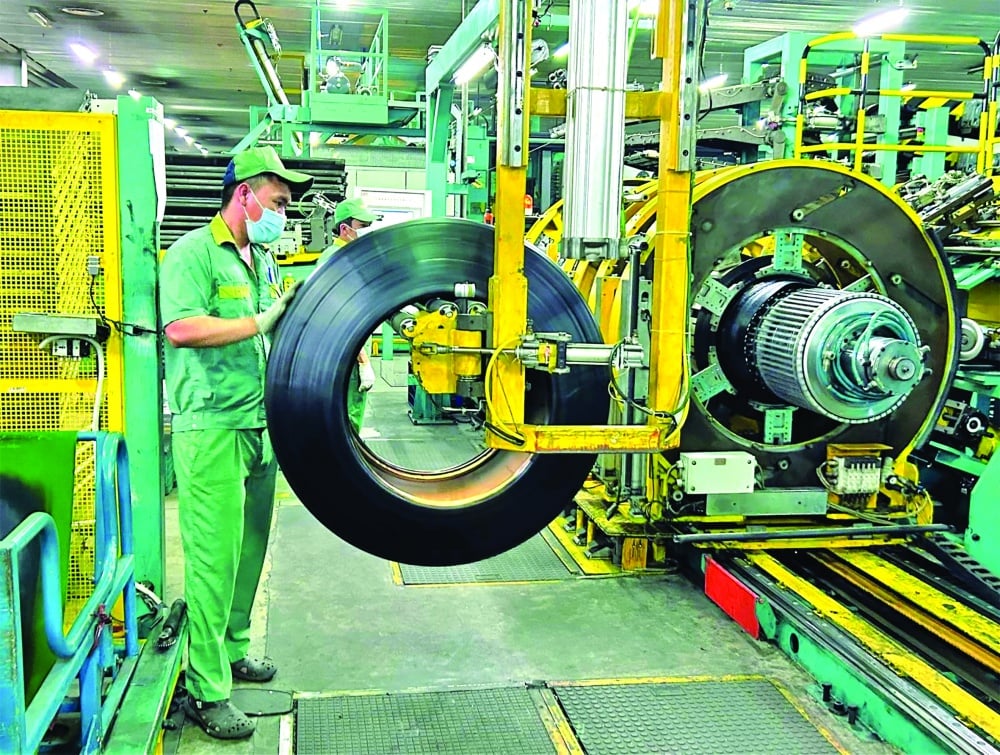 |
| Preferential tax policies are needed to promote small and medium-sized enterprises to develop and innovate. |
Tax incentives to help the press better fulfill its political mission
In particular, the discussion session was more lively with delegates' opinions focusing on proposing to reduce corporate income tax rates for the press. Delegates pointed out the fact that most press agencies operate with the goal of serving political tasks instead of business goals. Applying a common corporate income tax rate of 20% for income outside of the main tasks such as advertising, organizing events, etc. creates great pressure on the finances of press agencies. Meanwhile, the revenue from advertising of the press is decreasing, making it difficult for many press agencies to maintain operations. Unstable income such as sponsorship of small advertising contracts is still subject to corporate income tax without considering the specificity, weakening the financial capacity of the press.
Delegate Thach Phuoc Binh said that many press agencies currently operate non-profit, serving political, propaganda and educational tasks. However, income from advertising and organizing press events is subject to a 20% tax rate, causing financial difficulties for press agencies. From the above analysis, Mr. Binh proposed reducing the tax rate on income from non-political activities of press agencies to 10% or lower, and exempting tax on sponsorships and aid. At the same time, it is necessary to clearly separate income from propaganda activities and income from business activities. In addition, there should be special support policies for the press in remote and isolated areas and encourage financial support measures from socialized sources.
Delegate Do Chi Nghia (Phu Yen delegation) said that tax reduction is an opportunity and condition to support the press to better perform its political tasks. However, stronger policies are needed. Because currently, print newspapers are distributed very little, so the 10% tax reduction for print newspapers is not much, while press agencies are implementing multi-platform, leading in digital transformation. Investment is not only in technology and machinery but also in people, not just in printing or broadcasting costs.
“The National Assembly’s decision to reduce the tax on all types of press to 10% is very good, helping to encourage the press to be more active. With the state budget, reducing the state budget by another 5% will not reduce the state budget much. Press revenue is currently very difficult, very low, but the important thing is to increase the value of information, increase the value of spirit so that the press can do its job better, more enthusiastically, more enthusiastically… This will certainly benefit the whole society, the public will benefit from policy communication. Our information orientation will be much more effective, fighting bad and toxic information will be more effective,” Mr. Nghia emphasized.
Speaking to clarify the information raised by delegates at the meeting, Deputy Prime Minister Ho Duc Phoc said that if there is revenue, taxes must be paid. Regarding press agencies, he hopes that the National Assembly will agree on 10% for print newspapers and other types of newspapers. “We have discussed with the Finance and Budget Committee to agree on this content to help press agencies. Press agencies also have many forms of support, such as ordering for press agencies; or advertising and other forms. For press agencies that are not yet autonomous, the state will still provide normal funding,” said the Deputy Prime Minister.
Source: https://thoibaonganhang.vn/chinh-sach-thue-hop-ly-se-giup-doanh-nghiep-phat-trien-158262.html


![[Photo] Closing of the 13th Conference of the 13th Party Central Committee](https://vphoto.vietnam.vn/thumb/1200x675/vietnam/resource/IMAGE/2025/10/08/1759893763535_ndo_br_a3-bnd-2504-jpg.webp)
![[Photo] Prime Minister Pham Minh Chinh inspects and directs the work of overcoming the consequences of floods after the storm in Thai Nguyen](https://vphoto.vietnam.vn/thumb/1200x675/vietnam/resource/IMAGE/2025/10/08/1759930075451_dsc-9441-jpg.webp)




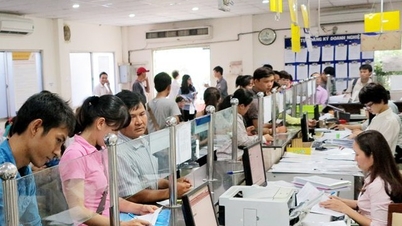








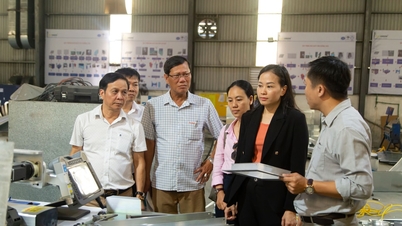






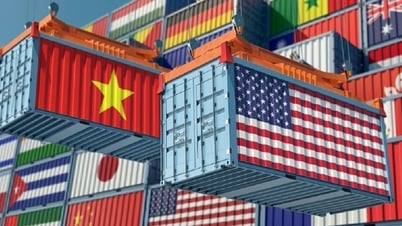

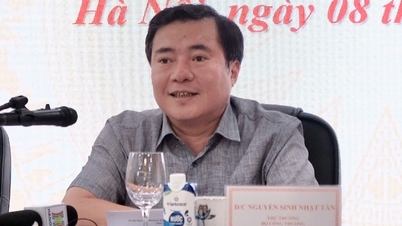





































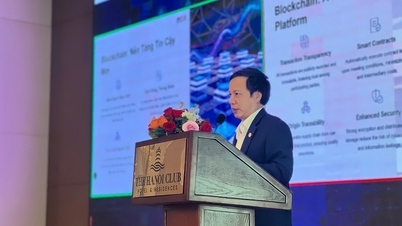








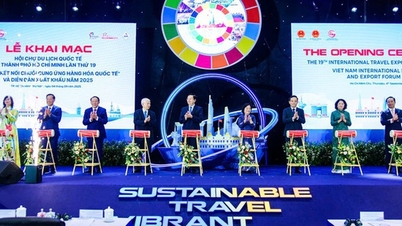





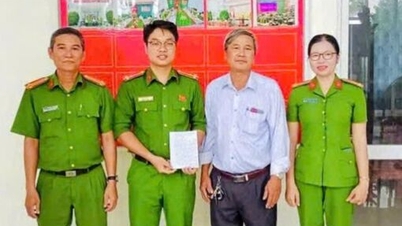



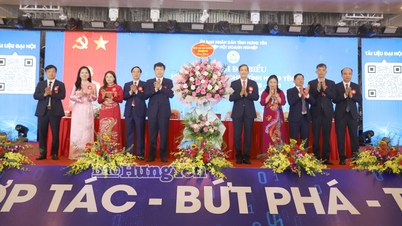
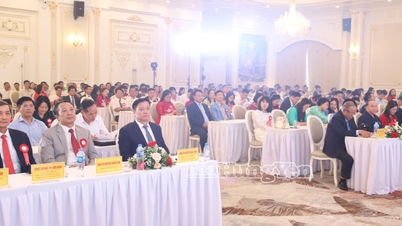


















Comment (0)